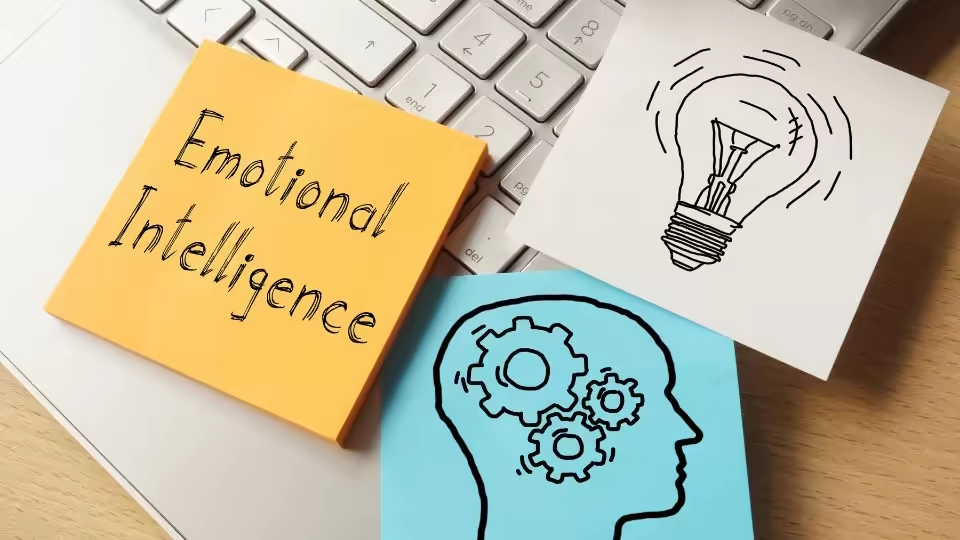Emotional intelligence (EI) is a critical component of professional development. Unlike traditional intelligence, which focuses on cognitive abilities and technical skills, emotional intelligence encompasses the ability to recognize, understand, and manage one’s own emotions, as well as the emotions of others. This article explores why emotional intelligence is vital for professional growth and success.
Enhancing Communication Skills
Effective communication is foundational to any professional role. High emotional intelligence allows individuals to express themselves clearly while also tuning into the emotional cues of others. This sensitivity fosters a more open dialogue and encourages collaboration. For instance, a manager with high EI can navigate difficult conversations, providing feedback in a constructive manner that promotes growth rather than defensiveness. In contrast, a lack of emotional awareness may lead to misunderstandings and conflict, ultimately hindering team cohesion.
Building Stronger Relationships
Professional success often depends on the ability to build and maintain relationships. Emotional intelligence contributes to stronger interpersonal connections by facilitating empathy and understanding. When individuals can relate to their colleagues’ feelings and perspectives, they create a supportive work environment. This camaraderie leads to increased trust and collaboration, which are essential for teamwork and overall organizational effectiveness. Networking, mentorship, and professional alliances are all strengthened by the ability to connect on an emotional level.
Improving Leadership Capabilities
Leaders with high emotional intelligence are usually more effective in their roles. They inspire and motivate their teams by recognizing and dealing with the emotional needs of their employees. Such leaders can create a positive work culture, leading to higher employee satisfaction and retention. Furthermore, emotionally intelligent leaders are adept at conflict resolution; they approach disagreements with a balanced perspective, creating a culture of open dialogue and mutual respect. As organizations increasingly value emotional intelligence in leadership roles, cultivating these skills becomes essential for aspiring leaders. The guest speakers available at getapeptalk.com specialize in promoting and encouraging emotional intelligence to help people in their professional and personal lives.
Enhancing Decision-Making
Emotional intelligence can help when it comes to making decisions. Those who understand their emotions can better regulate them, leading to more thoughtful and balanced choices. By managing emotional responses, professionals can avoid impulsive decisions driven by stress or frustration. Additionally, being attuned to the emotions of others can give valuable insights into team dynamics and stakeholder reactions, enabling more informed and empathetic decisions that align with collective goals.
Supporting Personal Resilience
The modern workplace is often fraught with challenges, from tight deadlines to organizational changes. Emotional intelligence equips individuals with the resilience to navigate these stresses effectively. Those with high EI can manage their emotions and maintain a positive outlook, even when things are difficult. This resilience not only benefits personal well-being but also positively influences colleagues, creating a more stable and productive work environment.
Conclusion
Emotional intelligence is not just a buzzword; it is a crucial asset for professional development. By enhancing communication skills, building stronger relationships, improving leadership capabilities, refining decision-making, and fostering personal resilience, EI contributes significantly to both individual and organizational success. As workplaces continue to evolve, investing in emotional intelligence will be essential for professionals seeking to thrive in their careers. Embracing and developing these skills will not only benefit individuals but also cultivate a more harmonious and effective work environment.



